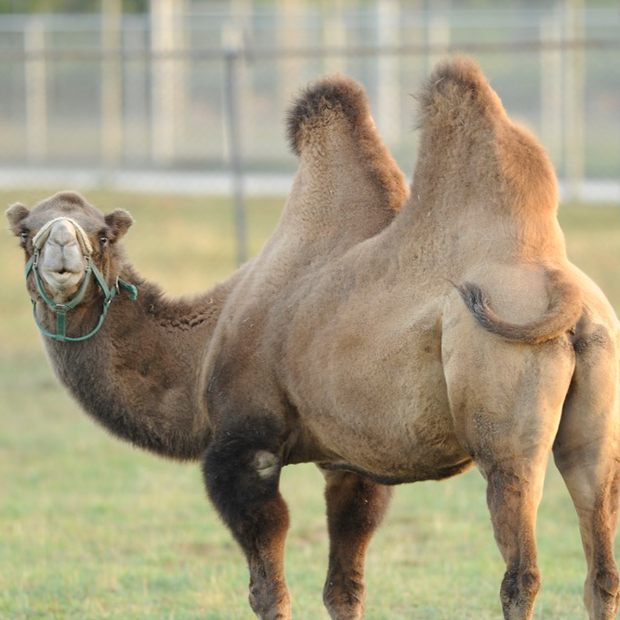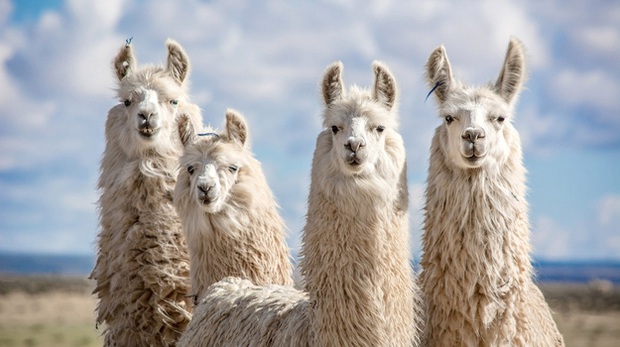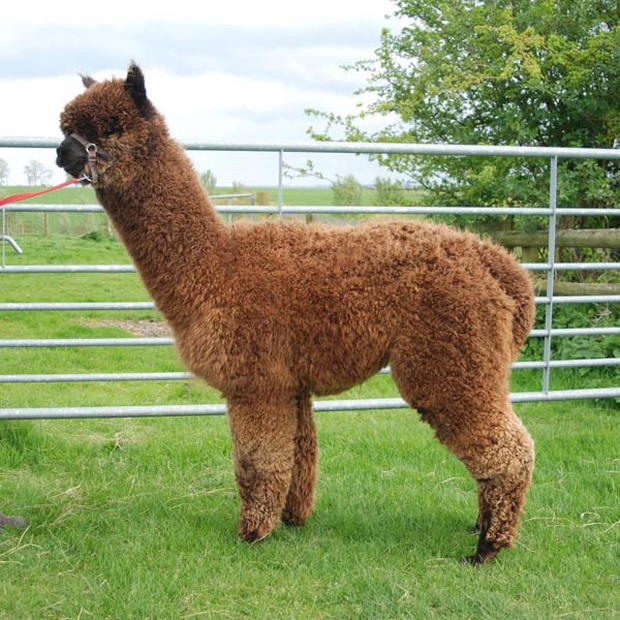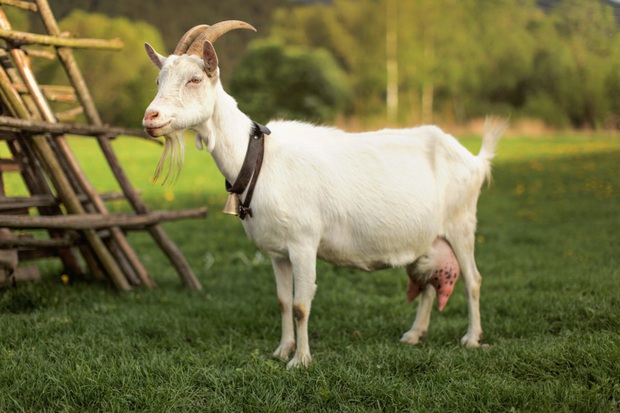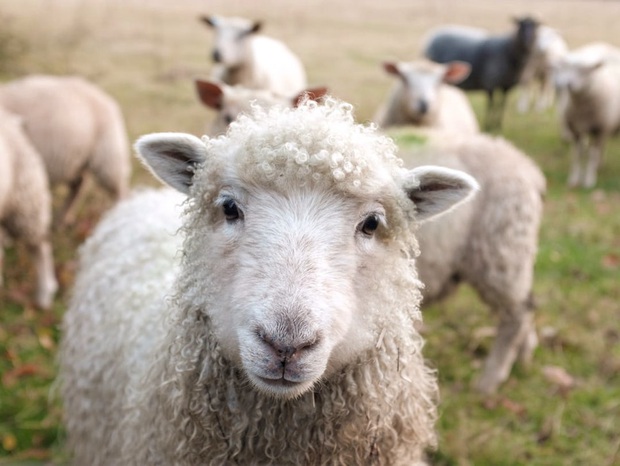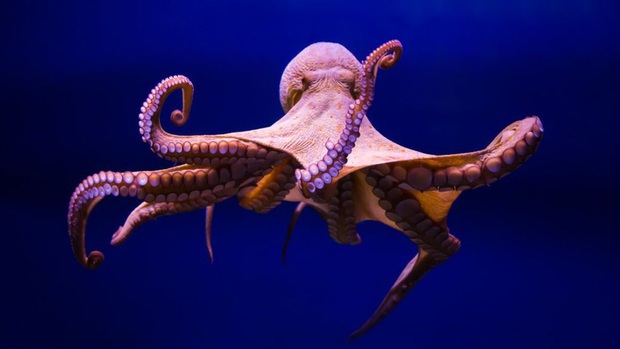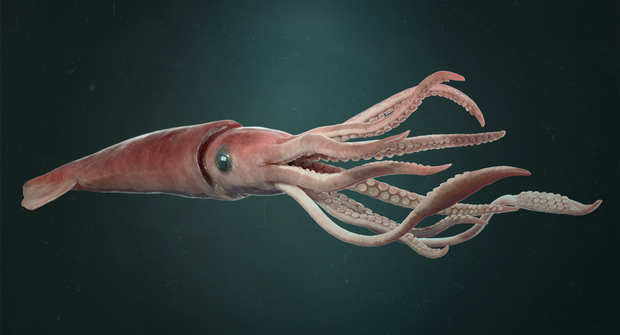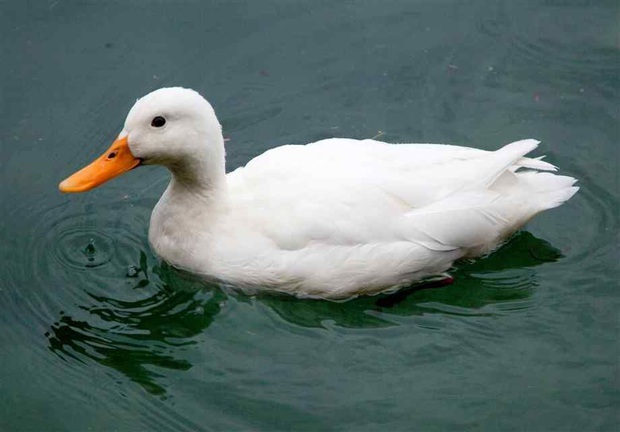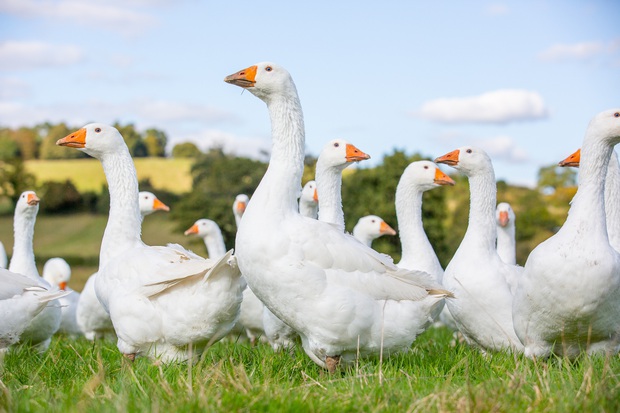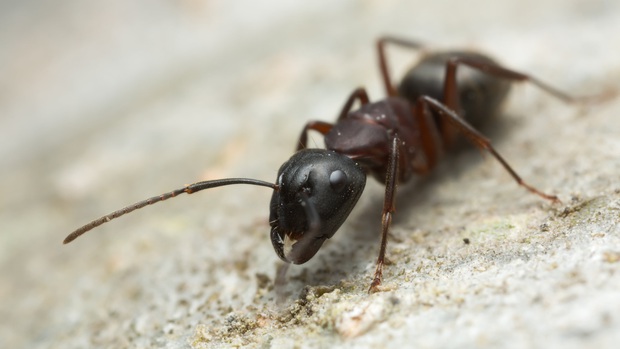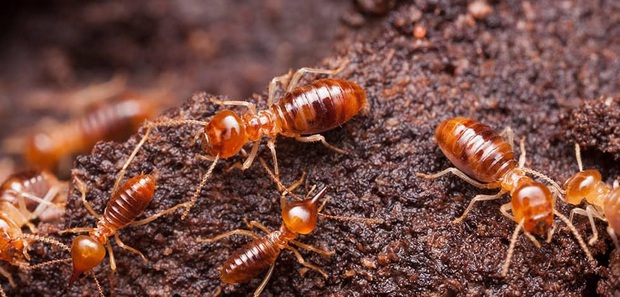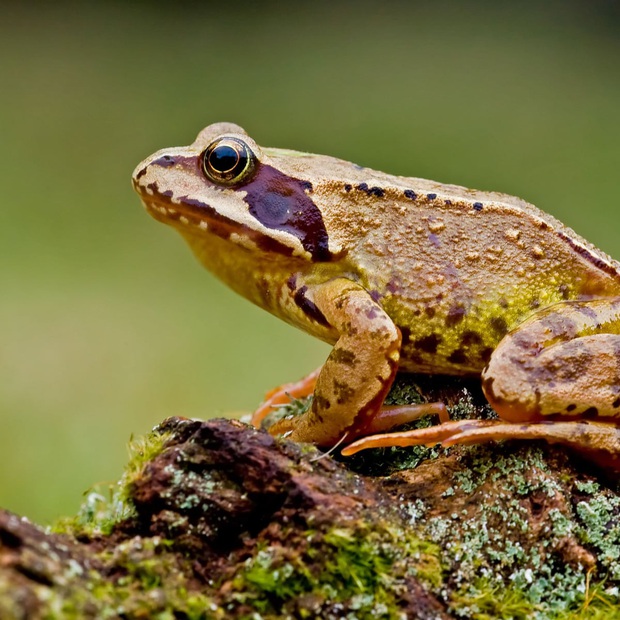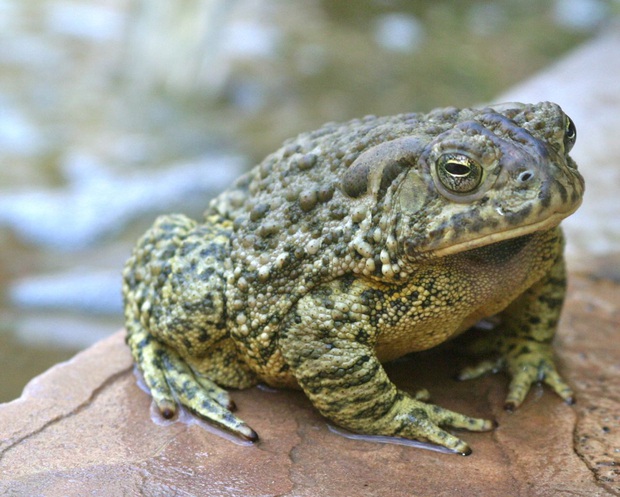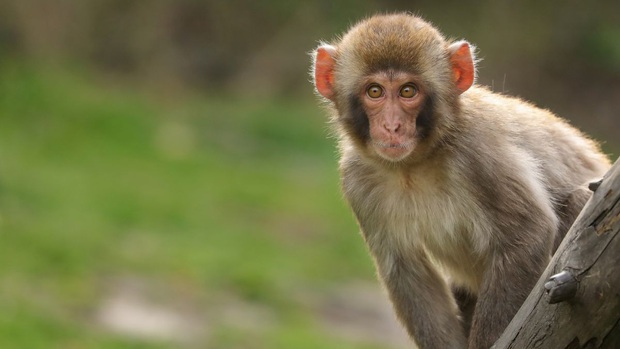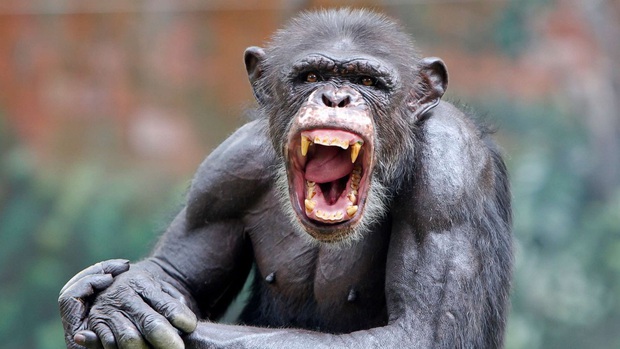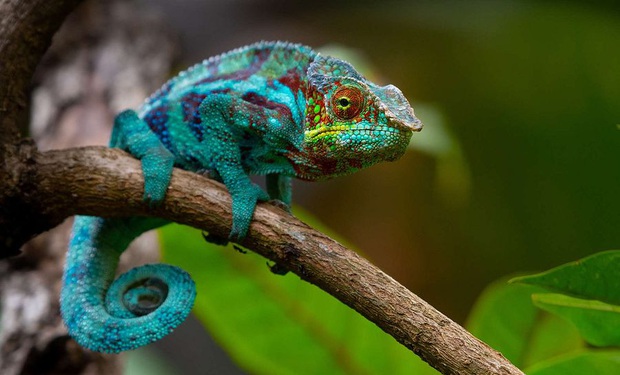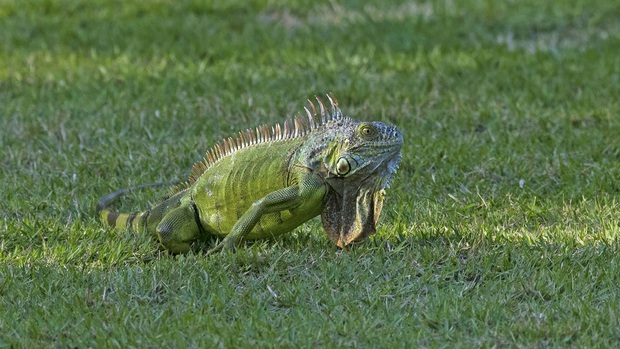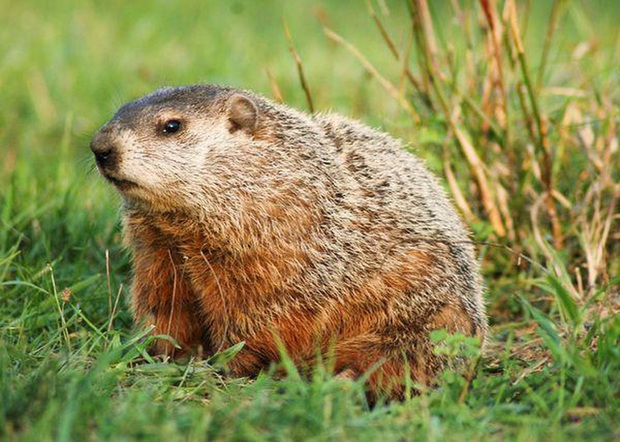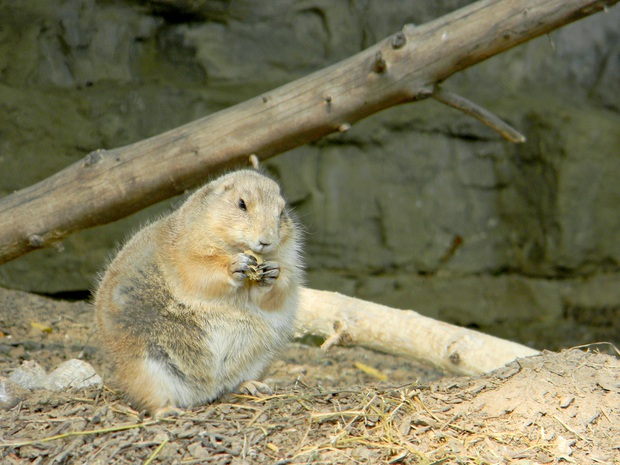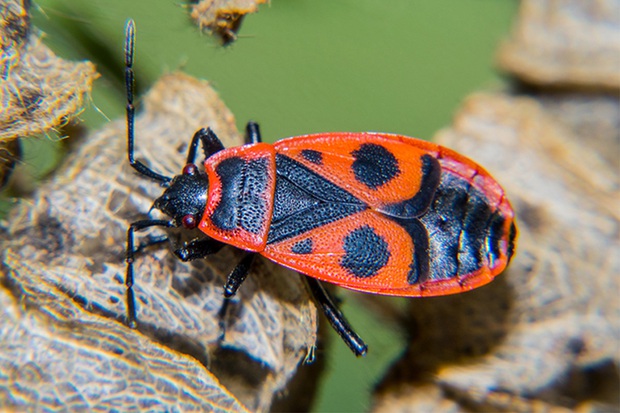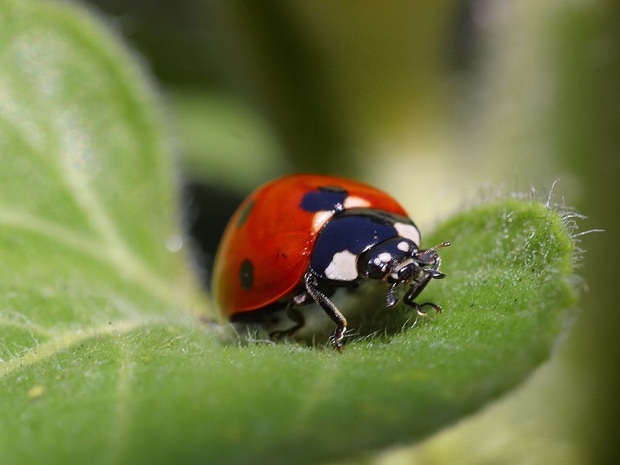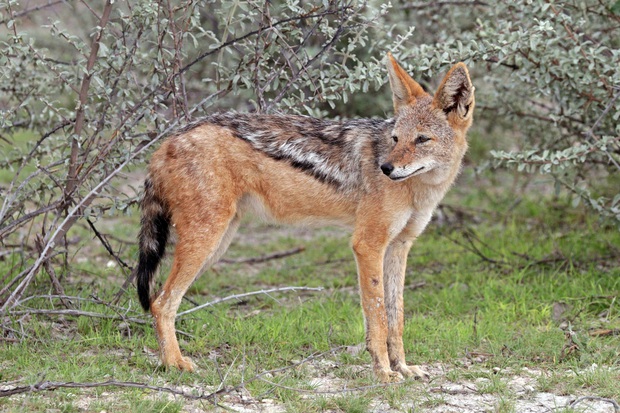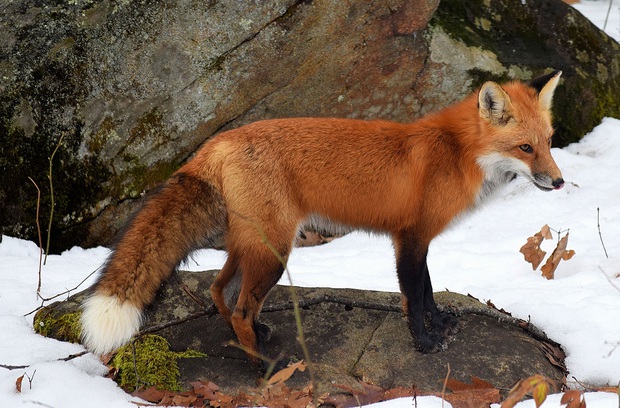They are only similar in terms of kinship, but fundamentally not completely related to each other.
Nature has always been something mysterious and fascinating to humanity. Surely you can’t tell the difference between a camel and a single hump (if you know this species), right?
Below is a list of animals which look exactly like “twins of the same family”, but which turn out to be only similar in terms of kinship, but fundamentally unrelated to each other.
Below is a list of animals which look exactly like “twins of the same family”, but which turn out to be only similar in terms of kinship, but fundamentally unrelated to each other.
1. Camels and llamas
Single hump camel.
Common camels.
Most people don’t realize the difference as they are all from the same Camel family, someone will even ask, “Is there a single bump?”. Camels usually have 2 humps on their backs, while camels only have one hump. It sounds simple, but these two species are actually two different species.
2. Llama camels and alpaca camels
Most people don’t realize the difference as they are all from the same Camel family, someone will even ask, “Is there a single bump?”. Camels usually have 2 humps on their backs, while camels only have one hump. It sounds simple, but these two species are actually two different species.
2. Llama camels and alpaca camels
Alpaca camels.
This breed also belongs to the Camel genus and has such a similar appearance that everyone thinks they are “twins with the same egg”.
But there is always a difference between alpacas and llamas: llama are bigger than alpacas, they have longer faces and ears. Additionally, while Llama has a chubby appearance, the alpaca has a soft undercoat and can be used in making clothing. The last thing in common is that both species are extremely gentle and shy.
3. Sheep and goats
This breed also belongs to the Camel genus and has such a similar appearance that everyone thinks they are “twins with the same egg”.
But there is always a difference between alpacas and llamas: llama are bigger than alpacas, they have longer faces and ears. Additionally, while Llama has a chubby appearance, the alpaca has a soft undercoat and can be used in making clothing. The last thing in common is that both species are extremely gentle and shy.
3. Sheep and goats
A sheep amused in front of the camera.
Fortunately, now the list of camel surnames does not pay too much attention. Depending on the breed of sheep or goat, their appearance may be different. The physical differences include a goat beard and a sheep upper lip. In addition, the tail of the sheep was hanging down, while the tail of the goat was raised.
If sheep have horns, they are usually round and spiral shaped. While the horns are oval and flattened, depending on the breed.
3. Octopus and squid
Fortunately, now the list of camel surnames does not pay too much attention. Depending on the breed of sheep or goat, their appearance may be different. The physical differences include a goat beard and a sheep upper lip. In addition, the tail of the sheep was hanging down, while the tail of the goat was raised.
If sheep have horns, they are usually round and spiral shaped. While the horns are oval and flattened, depending on the breed.
3. Octopus and squid
Squid.
This species is not complicated to exploit, so the information is short. Differences: Octopus has 4 pairs of arms, while the squid has 8 tentacles and 2 limbs are considered arms.
General: Both live underwater and are in a pot, they are all delicious.
4. Ducks and geese
This species is not complicated to exploit, so the information is short. Differences: Octopus has 4 pairs of arms, while the squid has 8 tentacles and 2 limbs are considered arms.
General: Both live underwater and are in a pot, they are all delicious.
4. Ducks and geese
GOOSE.
These two animals are actually eerily similar, so if we want to talk about their differences, we have to talk about size: the goose is larger and has a longer neck than the duck. The goose’s beak was bigger, higher and less flat. They are equipped with a sort of “claw” at the end of the beak. This structure allows geese to easily pluck blades of grass from the ground.
5. Ants and termites
These two animals are actually eerily similar, so if we want to talk about their differences, we have to talk about size: the goose is larger and has a longer neck than the duck. The goose’s beak was bigger, higher and less flat. They are equipped with a sort of “claw” at the end of the beak. This structure allows geese to easily pluck blades of grass from the ground.
5. Ants and termites
Termites
It is difficult to tell the difference between ants and termites: we are always on the verge of sweets from you, we are just waiting to attack the wooden furniture. They always accompany large swarms and make you panic because of their numbers.
You should be able to tell by taking a close look at their height and beard. Termites have a thick waist and straight beard, while ants have a looser waist and twisted beard. But either way, unless you have to like bugs a lot, you can tolerate both species coexisting in your home at the same time.
6. Toads and frogs
It is difficult to tell the difference between ants and termites: we are always on the verge of sweets from you, we are just waiting to attack the wooden furniture. They always accompany large swarms and make you panic because of their numbers.
You should be able to tell by taking a close look at their height and beard. Termites have a thick waist and straight beard, while ants have a looser waist and twisted beard. But either way, unless you have to like bugs a lot, you can tolerate both species coexisting in your home at the same time.
6. Toads and frogs
Toads.
In fact, it’s not too hard to tell them apart: frogs are smaller and have smoother skin. On the other hand, toads often have rough skin and shorter legs than frogs. Additionally, certain parts of the toad’s body contain toxins that can easily poison people if consumed through the digestive tract.
7. Monkeys and chimpanzees
In fact, it’s not too hard to tell them apart: frogs are smaller and have smoother skin. On the other hand, toads often have rough skin and shorter legs than frogs. Additionally, certain parts of the toad’s body contain toxins that can easily poison people if consumed through the digestive tract.
7. Monkeys and chimpanzees
Gorilla.
So it turns out that apes and chimpanzees are not the same thing? The answer is no, they are completely different. Although the same primate, the monkey has a smaller appearance and more feathers. Chimpanzees don’t have tails, and they have shorter toes and wider heels to help them move easily. Chimpanzees can hold objects while standing.
8. Geckos and iguanas
So it turns out that apes and chimpanzees are not the same thing? The answer is no, they are completely different. Although the same primate, the monkey has a smaller appearance and more feathers. Chimpanzees don’t have tails, and they have shorter toes and wider heels to help them move easily. Chimpanzees can hold objects while standing.
8. Geckos and iguanas
Next to.
Gecko eyes have dark circles, the upper and lower eyelids joined together in a way that people often call “bulging eyes.” She has normal looking eyes.
9. American Macmot and Grass Palm Civet
Gecko eyes have dark circles, the upper and lower eyelids joined together in a way that people often call “bulging eyes.” She has normal looking eyes.
9. American Macmot and Grass Palm Civet
Grass civet.
Are they two different fats? Certainly, the origin of the squirrel family makes it difficult for people to distinguish between these two species. The only difference is that the Grass Palm Civet is smaller and has shorter legs than the American Macmot.
10. Ladybugs and stink bugs
Are they two different fats? Certainly, the origin of the squirrel family makes it difficult for people to distinguish between these two species. The only difference is that the Grass Palm Civet is smaller and has shorter legs than the American Macmot.
10. Ladybugs and stink bugs
Ladybug.
As you can see the stench of fire has a slimmer body. They have a long beard and striking paws. Ladybugs also have round spots on their wings, but are essentially shorter limbs than donkey bugs.
11. The fox and the black-backed jackal
As you can see the stench of fire has a slimmer body. They have a long beard and striking paws. Ladybugs also have round spots on their wings, but are essentially shorter limbs than donkey bugs.
11. The fox and the black-backed jackal
Foxes.
The easiest way to tell the difference is to pay attention to the color of their feathers. Only the black-backed jackal has a large black and white patch on its back, which no fox has.
The easiest way to tell the difference is to pay attention to the color of their feathers. Only the black-backed jackal has a large black and white patch on its back, which no fox has.
BrightSide



